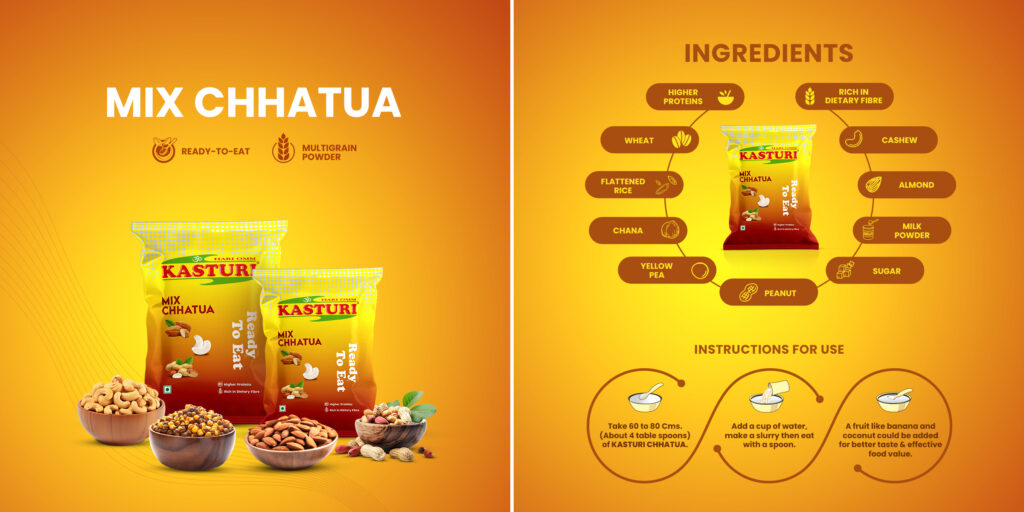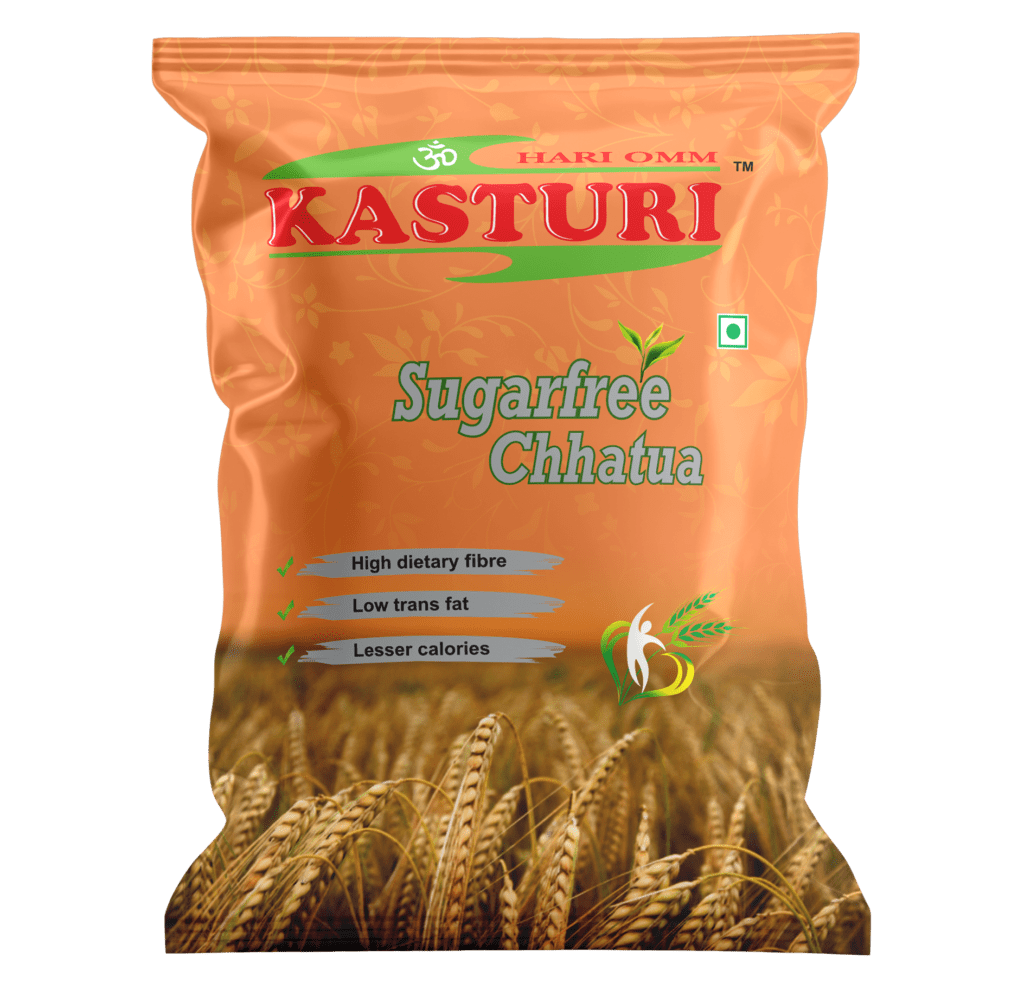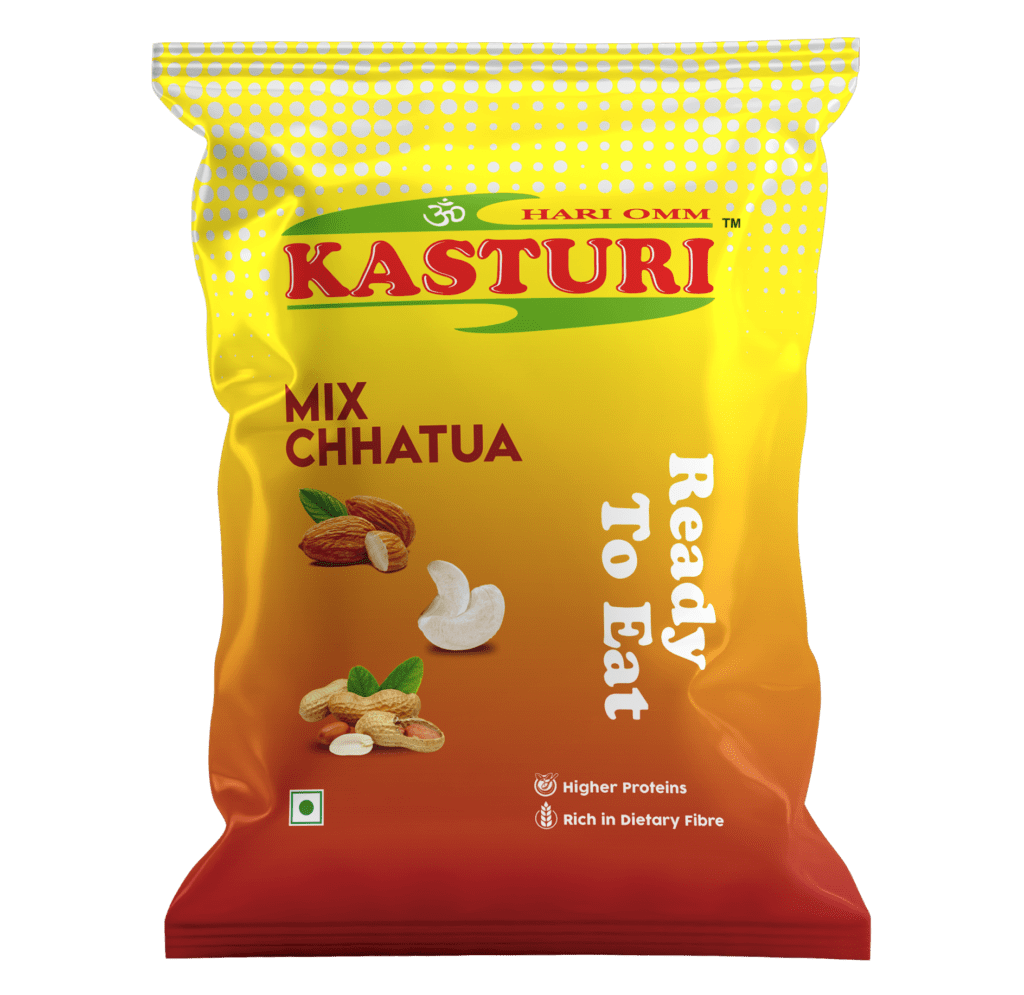The Future of Food: Innovations in Ready-to-Eat Technology and Sustainability
The ready-to-eat food industry is experiencing a dynamic evolution, driven by technological advancements and a growing emphasis on sustainability. As consumers seek convenience without compromising on health and environmental responsibility, the market for ready-to-eat food products is expanding rapidly. Let’s explore some of the most exciting emerging trends and advancements in this sector.
1. Eco-Friendly Packaging Solutions
One of the significant challenges facing the ready-to-eat food industry is packaging waste. However, innovative eco-friendly packaging solutions are paving the way for a greener future. Biodegradable and compostable packaging materials, such as plant-based plastics and recycled paper, are becoming increasingly popular. These materials not only reduce the environmental impact but also resonate with the eco-conscious consumer.
Brands are also investing in innovative designs that use less material and offer improved recyclability. Smart packaging, which incorporates QR codes or NFC technology to provide detailed product information, is another trend gaining traction. This technology not only enhances consumer engagement but also helps in reducing food waste by offering real-time updates on product freshness.

2. Plant-Based Alternatives
The rise of plant-based diets is transforming the ready-to-eat food landscape. Consumers are increasingly seeking healthier, sustainable options that align with their ethical and environmental values. Ready-to-eat food products now include a wide range of plant-based alternatives, from meatless burgers and dairy-free yogurts to vegan snacks and ready to eat breakfast options.
Innovations in food technology have made it possible to create plant-based products that closely mimic the taste and texture of their animal-based counterparts. Companies are using ingredients like pea protein, soy, and mushrooms to develop nutritious and delicious ready-to-eat snacks that appeal to both vegans and non-vegans alike.
3. Nutrient-Dense Instant Snacks
In the fast-paced world we live in, instant snacks are a staple for many. However, the demand for healthier options is pushing the industry to innovate. Nutrient-dense instant snacks, such as kale chips, quinoa puffs, and protein bars, are gaining popularity. These snacks provide essential nutrients while being convenient to consume on the go.
Functional ingredients, like adaptogens and probiotics, are also being incorporated into ready-to-eat food products to offer additional health benefits. Consumers can now find instant snacks that not only satisfy their hunger but also support their overall well-being.
4. Ready-to-Eat Meals with a Gourmet Twist
Gone are the days when ready-to-eat meals were synonymous with bland and uninspiring food. Today, the industry is embracing gourmet flavors and international cuisines to cater to diverse palates. From Mediterranean salads to Thai curries, ready-to-eat food online platforms offer a wide array of delicious and convenient options.
Chefs and food technologists are collaborating to create ready-to-eat meals that maintain the integrity of fresh ingredients and authentic flavors. Advanced preservation techniques, such as high-pressure processing (HPP) and vacuum sealing, ensure that these meals remain fresh and flavorful without the need for artificial preservatives.
5. Personalized Nutrition
Personalized nutrition is becoming a significant trend in the ready-to-eat food industry. Consumers are increasingly looking for food products that cater to their specific dietary needs and preferences. Advances in data analytics and biotechnology are enabling companies to offer personalized ready-to-eat food products that align with individual health goals.
Subscription-based services that deliver customized ready-to-eat meals and snacks are gaining popularity. These services use data from dietary preferences, health conditions, and even genetic profiles to create personalized meal plans that cater to unique nutritional requirements.
6. Sustainable Sourcing and Ethical Practices
Sustainability extends beyond packaging to the sourcing of ingredients and production practices. Consumers are more informed and concerned about the origin of their food. Ready-to-eat food companies are responding by adopting sustainable sourcing practices and ensuring transparency in their supply chains.
Ethically sourced ingredients, fair trade practices, and support for local farmers are some of the ways companies are contributing to a more sustainable food system. By prioritizing sustainability, the ready-to-eat food industry is playing a crucial role in promoting environmental stewardship and social responsibility.
Conclusion
The future of the ready-to-eat food industry is bright, with innovations in technology and sustainability leading the way. From eco-friendly packaging and plant-based alternatives to personalized nutrition and gourmet ready-to-eat meals, the industry is evolving to meet the demands of modern consumers. As these trends continue to shape the market, we can look forward to a future where convenience, health, and sustainability go hand in hand.
Whether you’re looking for healthy ready-to-eat snacks, ready-to-eat breakfast options, or instant snacks, the advancements in this industry ensure that there is something for everyone. Embrace the future of food and discover the exciting possibilities that lie ahead in the world of ready-to-eat food products.


